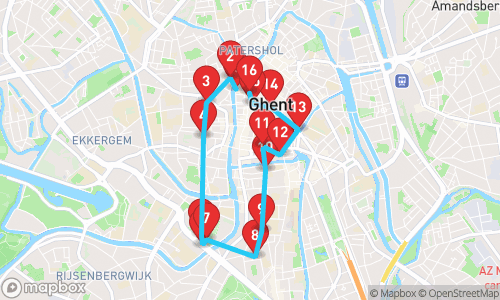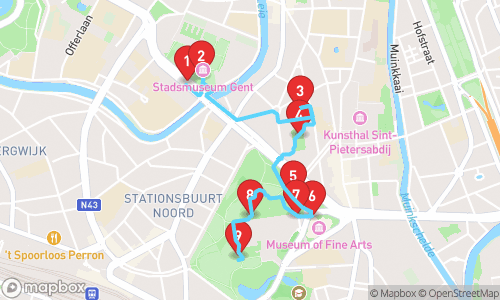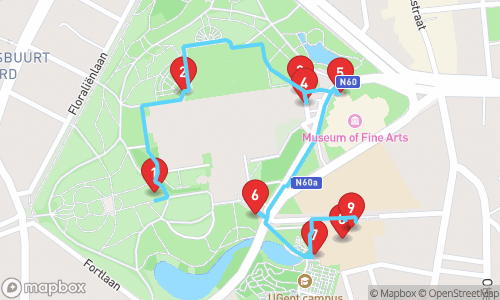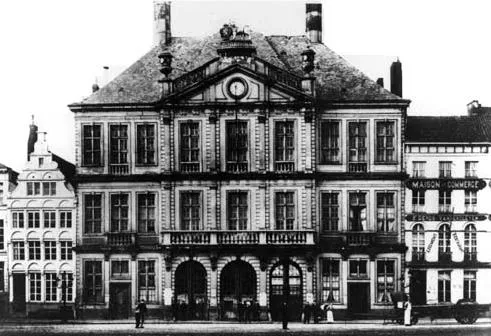
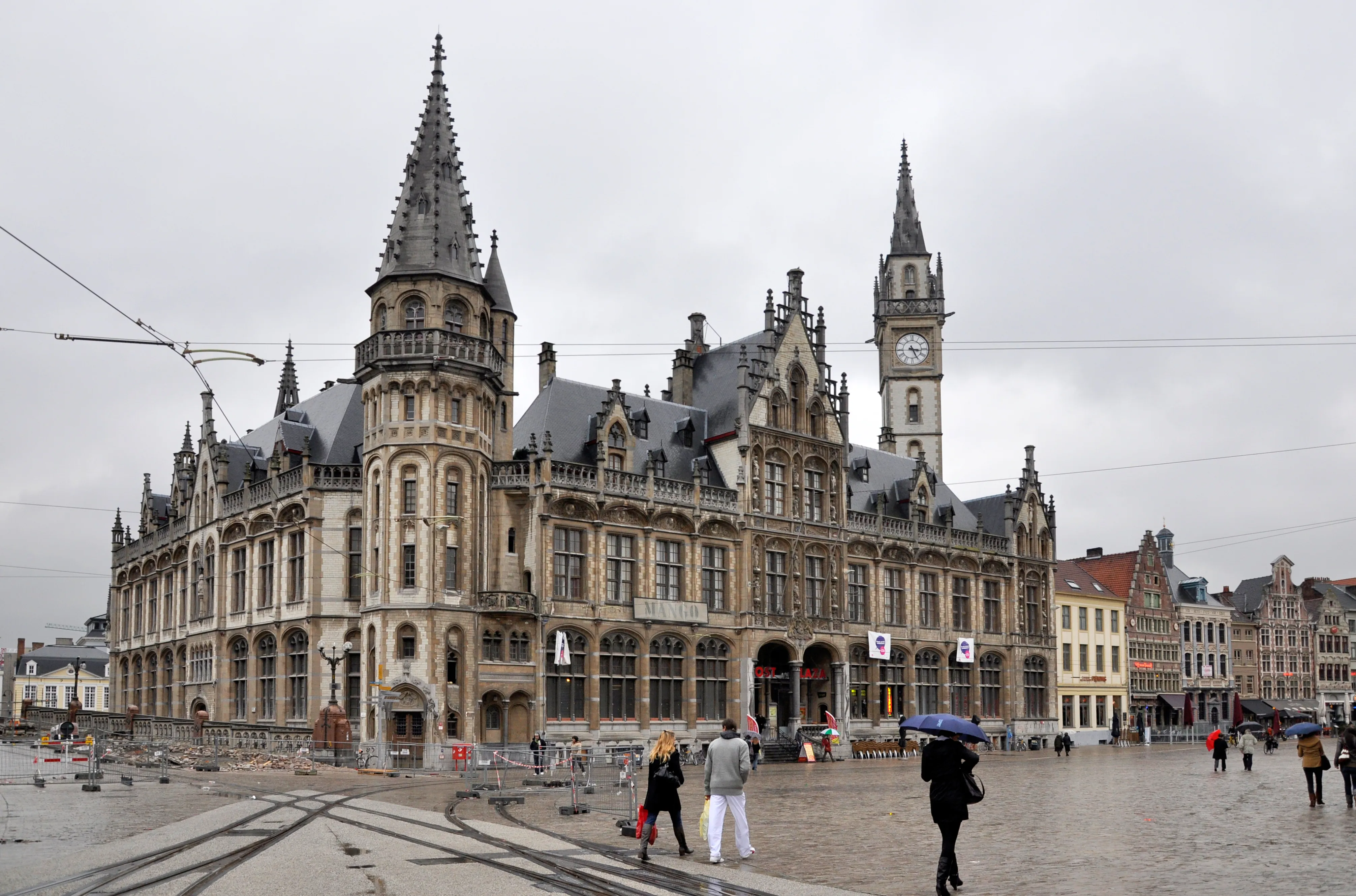
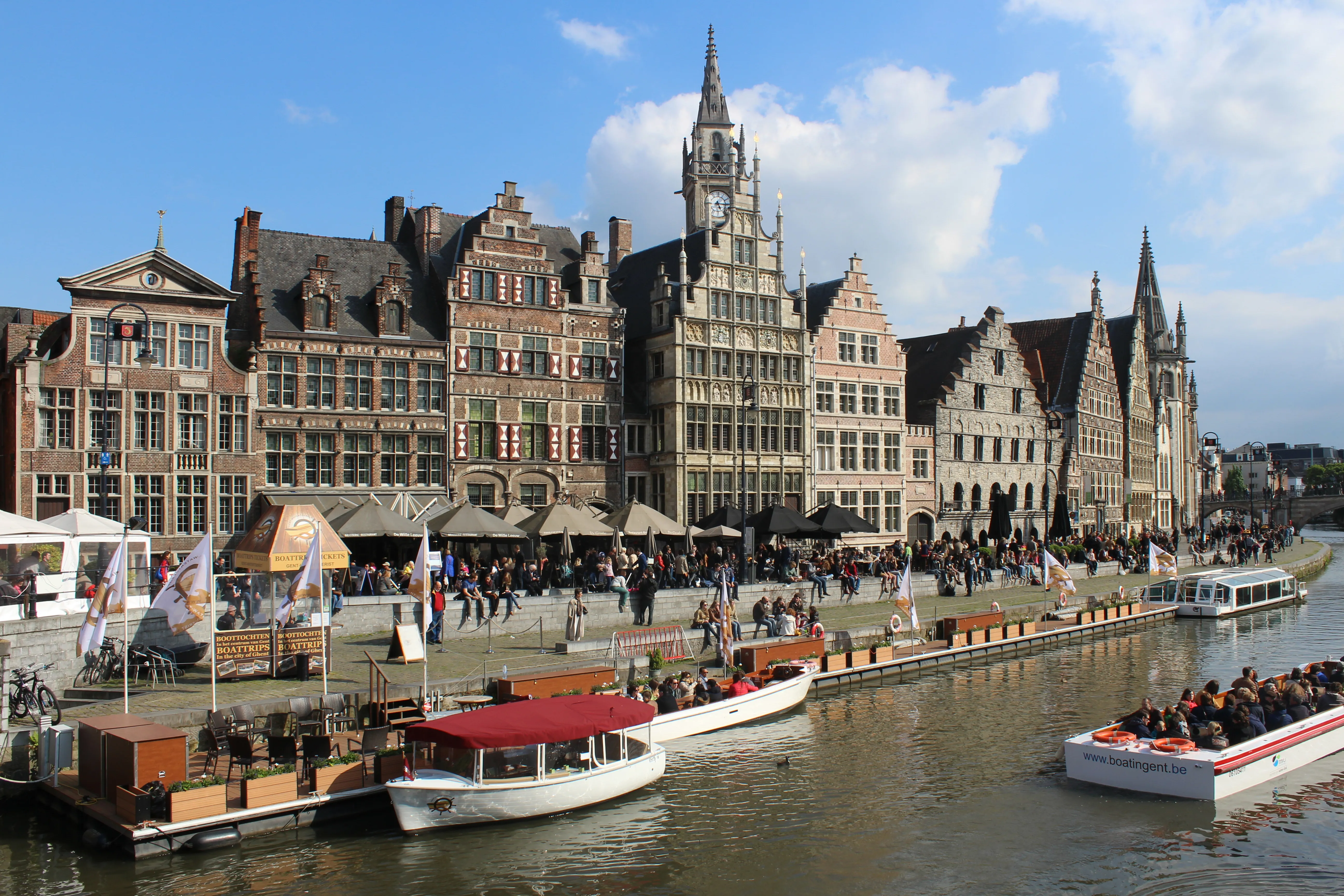
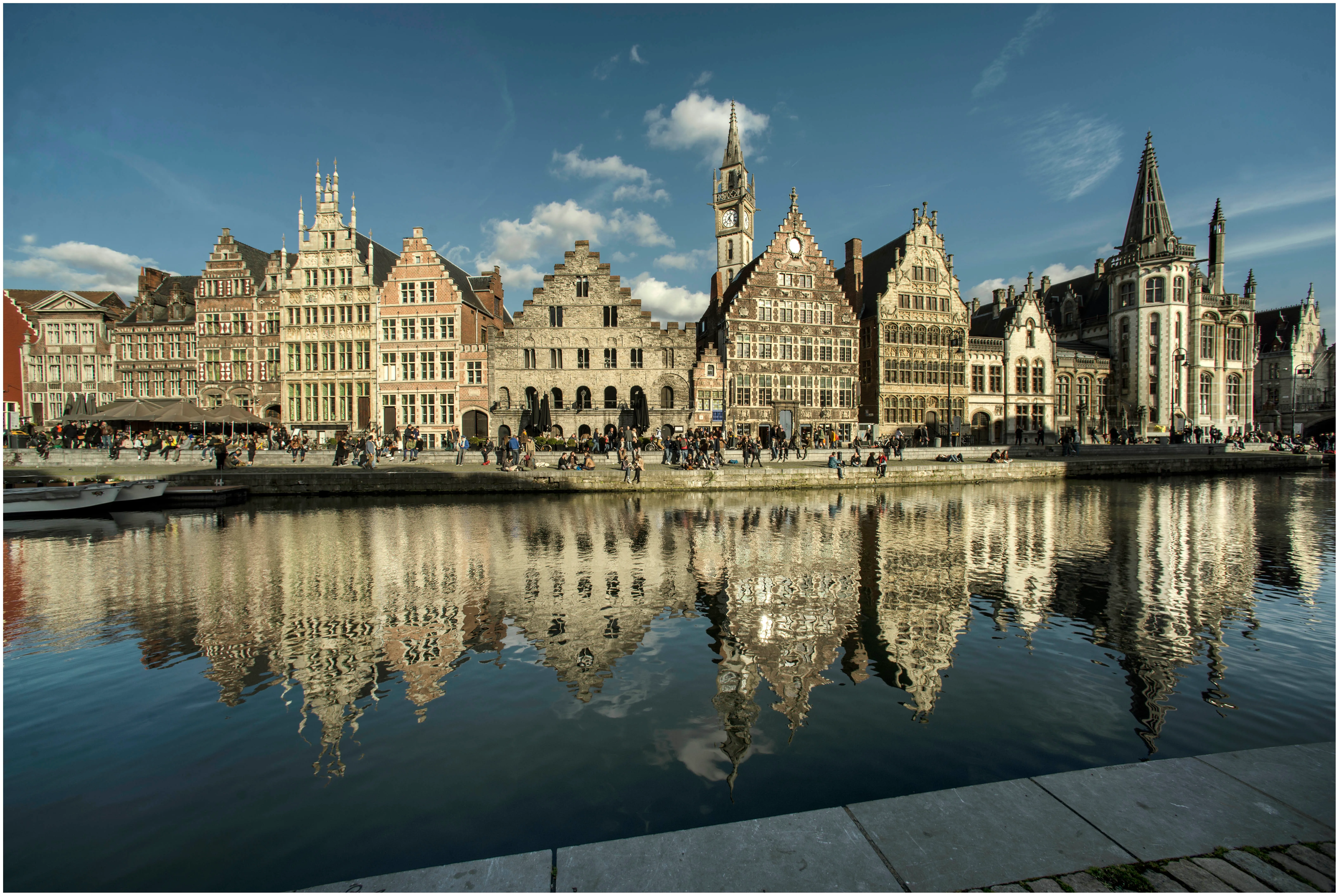
Ghent: Echoes from Medieval Grandeur to Contemporary Allure

Tour Guide
Jenny Multilingual
Welcome to Gent! On this GPS guided audio tour, we will visit 20 stops on a route of 3.20km. This tour focusses mainly on general tourism.
Locatello is an app where you can generate personal audio guided tours. Set your preferred distance, guide, language and theme, and a guided tour is created on the spot.
Walking Time
Distance
stops
Language
Tour Stops

Pakhuis
A former building in Ghent, the Pakhuis was built in 1719 and served as a grain warehouse, customs house, and residence of the Kamer van Koophandel among other functions.

Old Postoffice
A monumental post office building featuring eclectic architecture with neogothic and neorenaissance influences, adorned with over 100 ornate figures, symbols, and coat of arms, representing Belgium, its colonies, and the five continents.

Graslei
A historic quay in Ghent's city center, Graslei is a cultural and touristic hotspot with a high concentration of café patios, featuring a unique row of historical buildings, many dating back to the Middle Ages, and a protected cityscape.

Korenstapelhuis
A medieval grain storehouse, also known as the Spijker or Maison de l'Étape du Blé, built in the 12th century and classified as a historical monument since 1943. It served as an entrepôt for cereals transported along the Lys river until 1734.
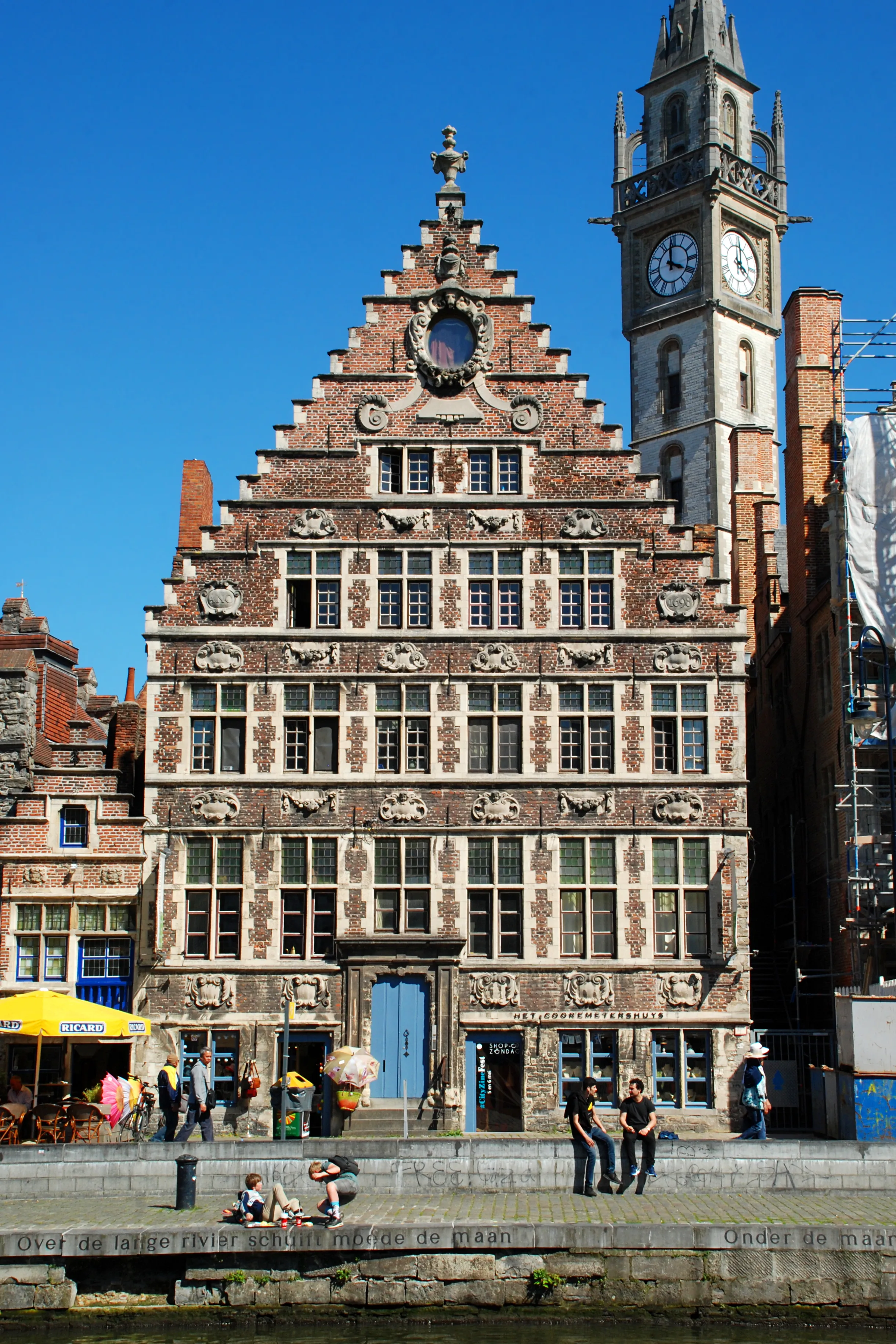
House of Grain Measurers
A 17th-century Renaissance-style house in Gand, classified as a monument historic, serving as the second house of the Grain Measurers' Corporation and featuring a facade with six travées, five levels of windows, and a blue stone entablement.
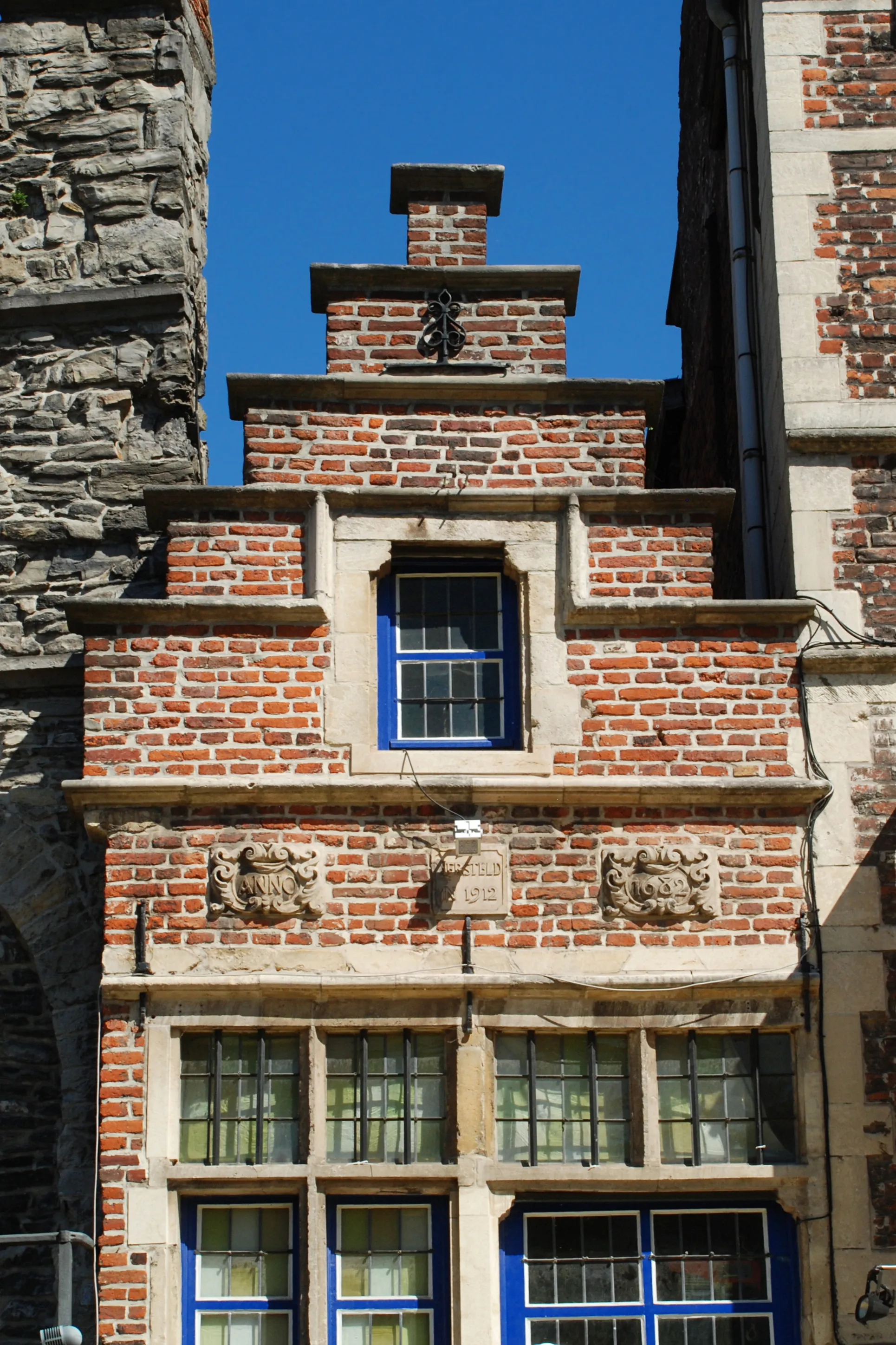
Tolhuisje
A 17th-century house, known as Tolhuisje, is the smallest house in Gent, standing on the Graslei. It dates back to the Middle Ages, served as a customs house, and has been restored and repurposed as a small café.
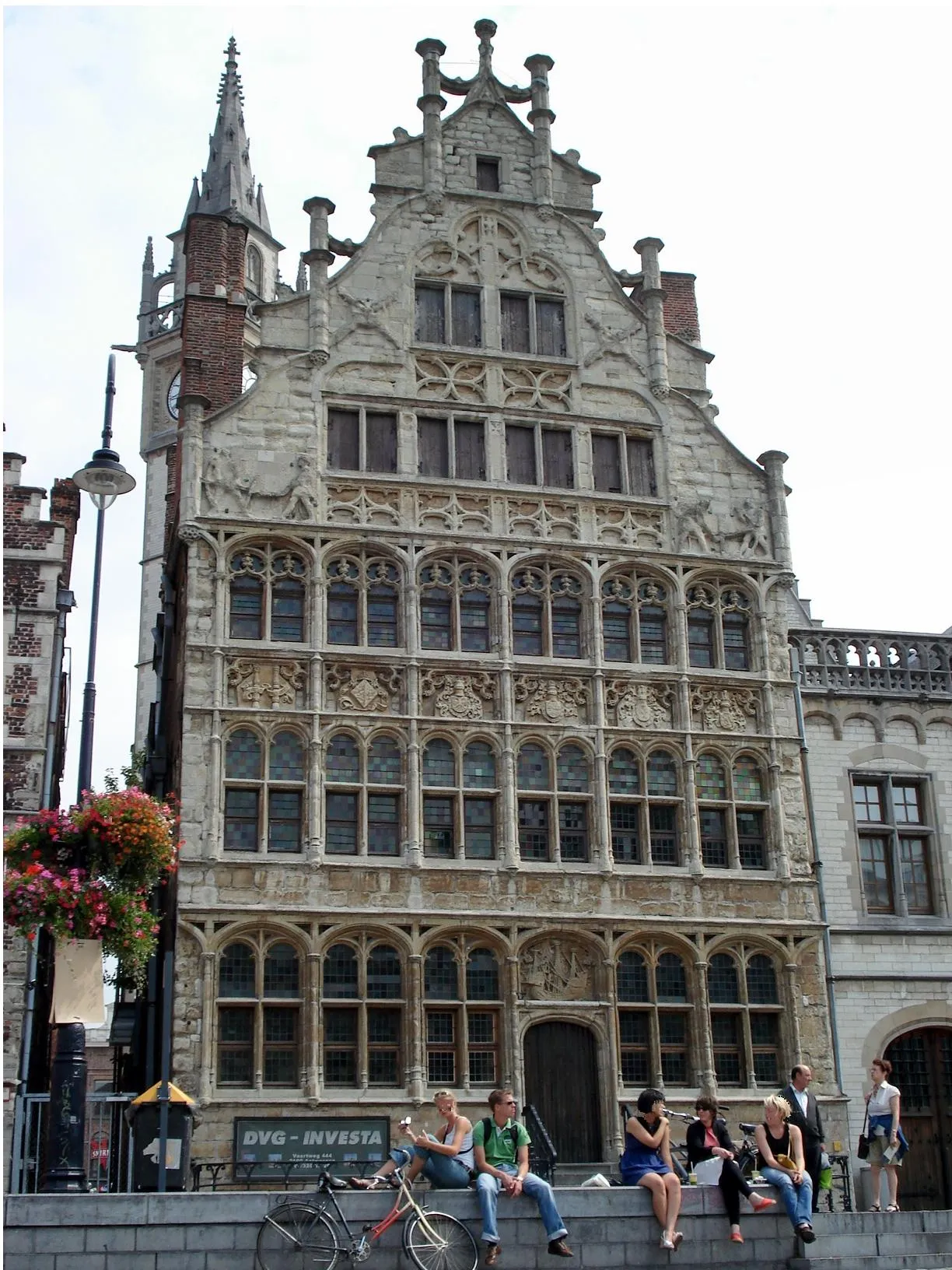
Gildehuis der Vrije Schippers
A gildhouse, formerly the property of the Molenaarsgilde, featuring a beautiful facade ornated with wapenschilden, devies, and beelden, showcasing the activities of the Vrije Schippers' guild.
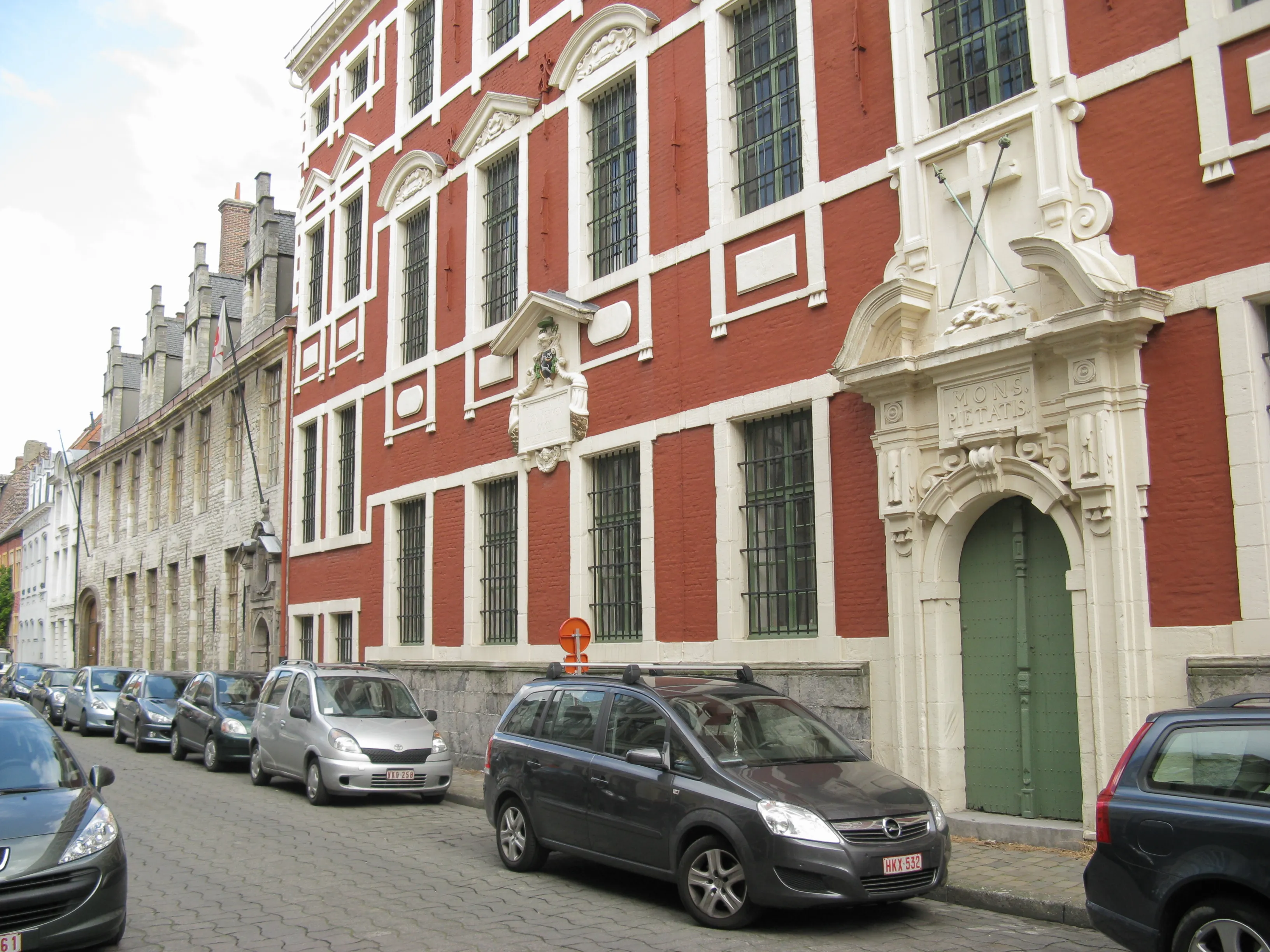
Berg van Barmhartigheid (Gent)
A historic building at Abrahamsstraat, Gent, serving as a former mercy house and notable for being the first Baroque construction in Gent, featuring a white natural stone exterior resembling an Italian palace and ornate Baroque details.
Audio Preview
30 sec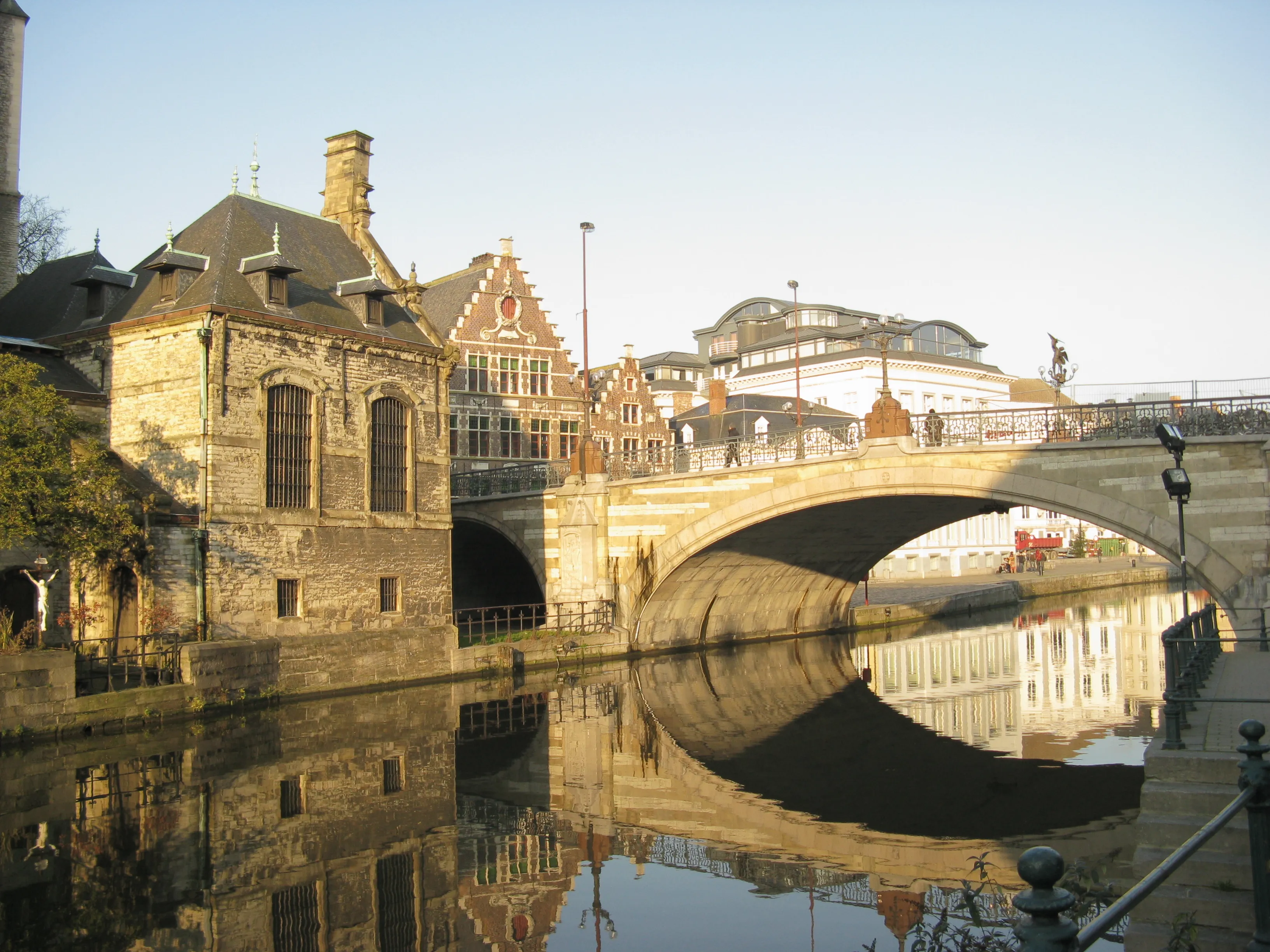
Sint-Michielsbrug
A historic stone arch bridge in the heart of Gent, spanning the Leie River, was built between 1905-1909 and designed by architect Louis Cloquet. The bridge is a prominent landmark offering stunning views of the Gras- and Korenlei, as well as the city's iconic towers. Since 1983, it has been protected as a monument.
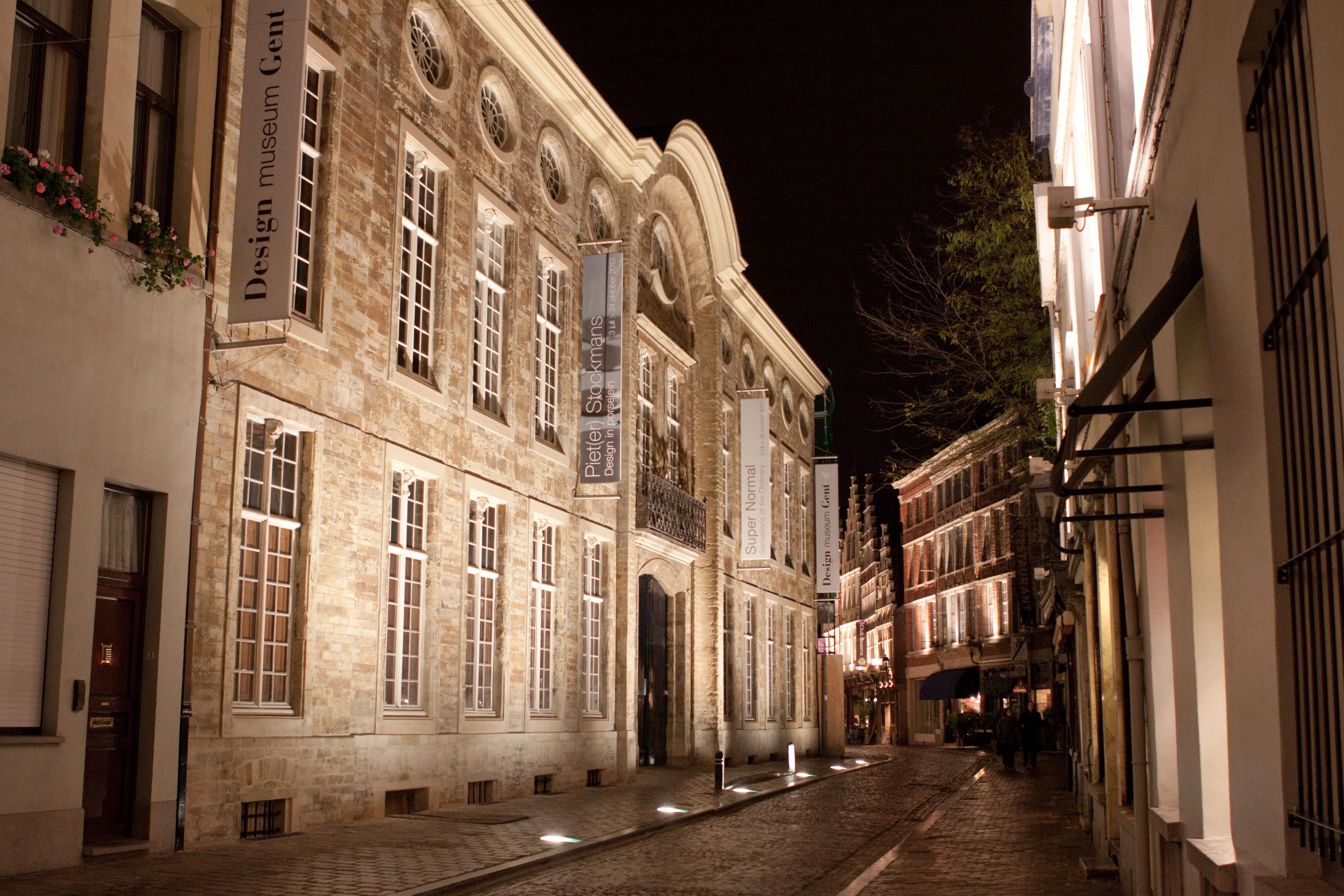
Design Museum Gent
A museum showcasing an international design collection with a focus on Belgian design, housed in an 18th-century mansion and a modern wing. The collection includes over 22,000 objects, spanning from 1450 to present, with a strong presence of Western European designs.
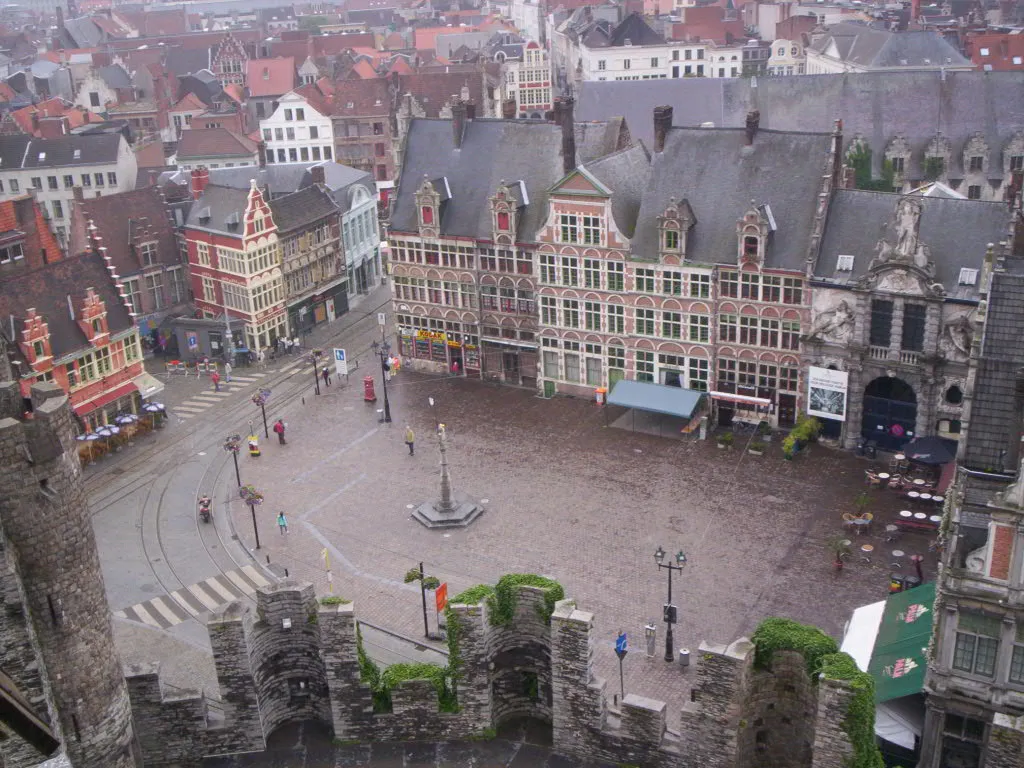
Sint-Veerleplein
A historic square in Gent, dominated by the Gravensteen castle, surrounded by buildings, the Lieve and Leie rivers, and the Patershol neighborhood, named after the saint Pharaïldis of Gent.
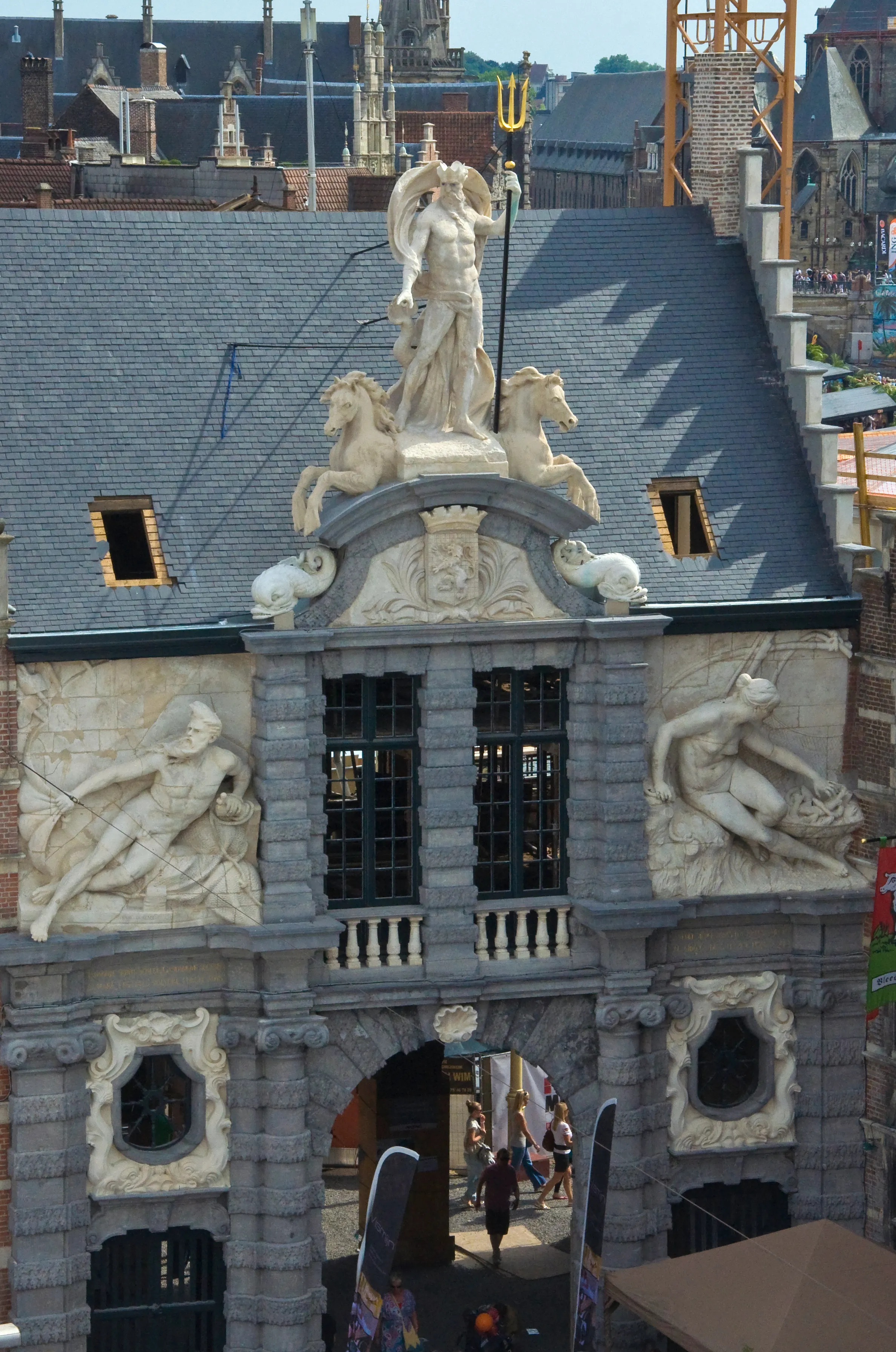
Oude vismijn
A mixed-use building of historical significance, the Oude Vismijn is one of the oldest markets in Gent, featuring a characteristic Gothic-style gatehouse and traditional stalls, originally opened in 1689.
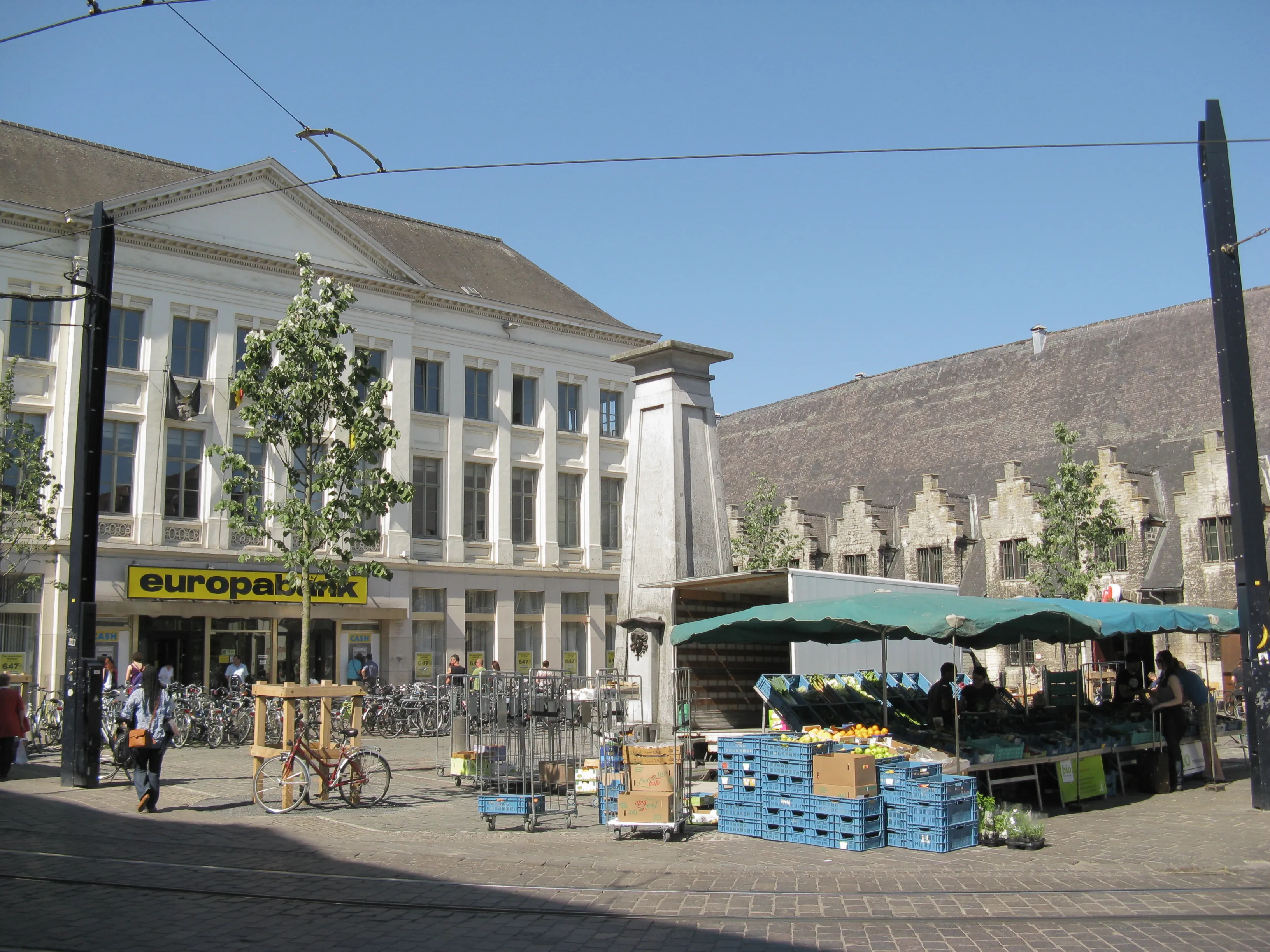
Groentenmarkt
A historic square in the city center, featuring the 15th-century Groot Vleeshuis and a former vegetable market.
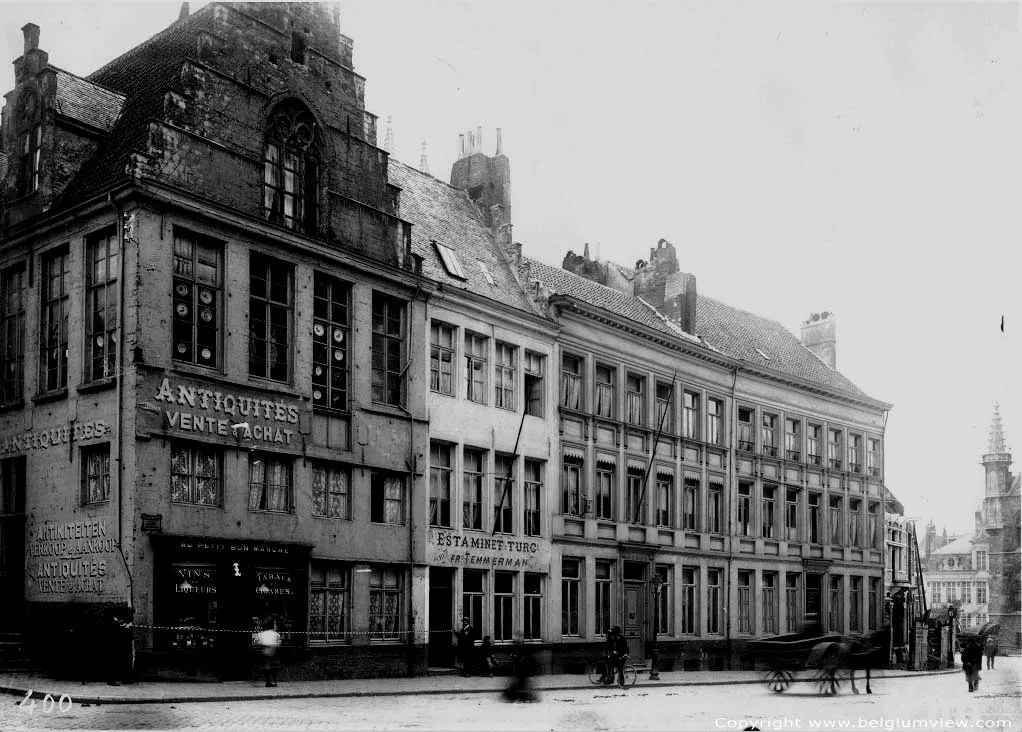
Sint-Jorishof
A historic building in Ghent, originally the court of the Crossbow Society, now functioning as a restaurant, brasserie, and event space after renovations.
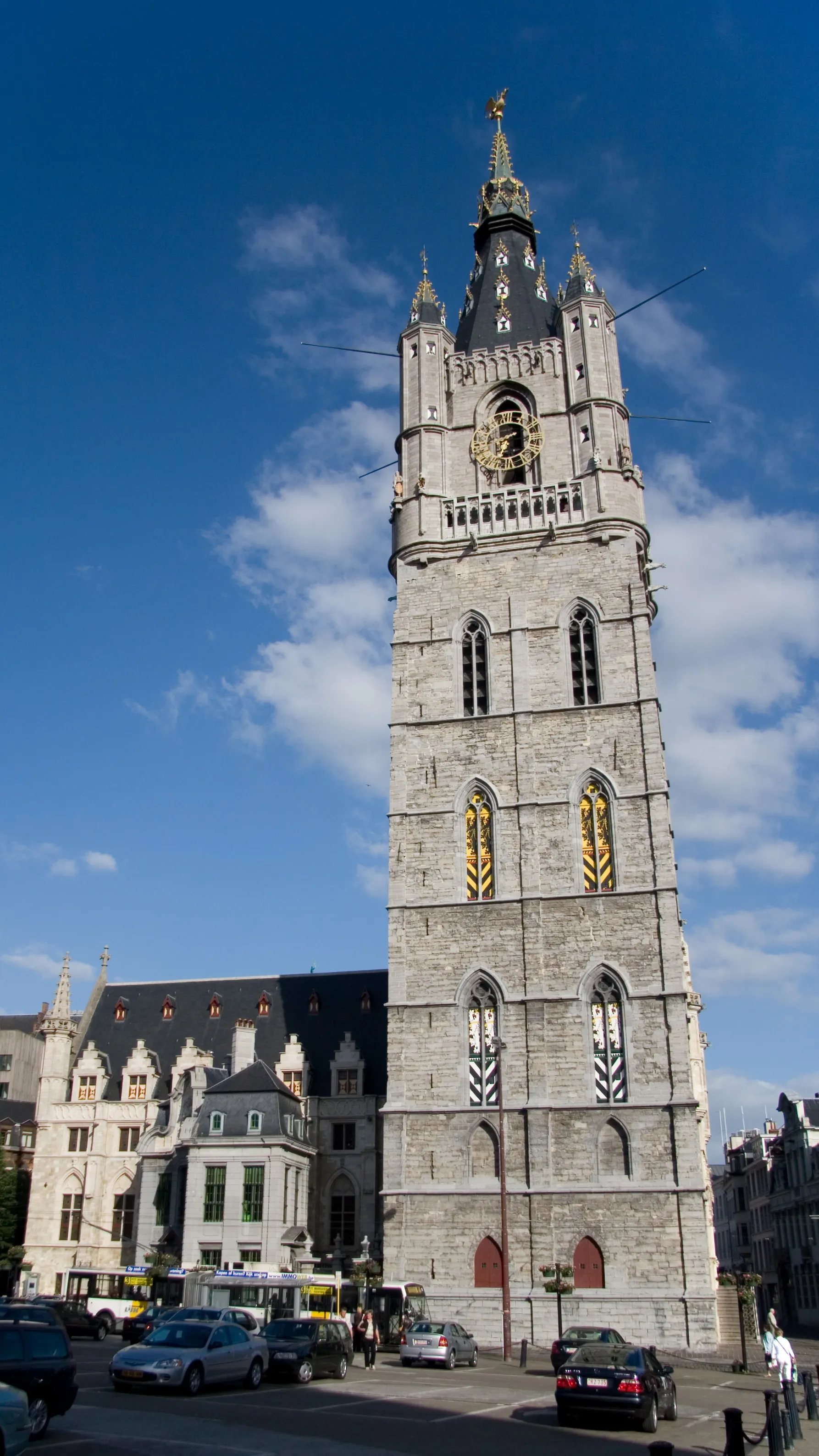
Belfry of Ghent
A medieval tower standing 91 meters tall, the Belfry of Ghent is the tallest in Belgium and part of the UNESCO World Heritage Site, Belfries of Belgium and France.
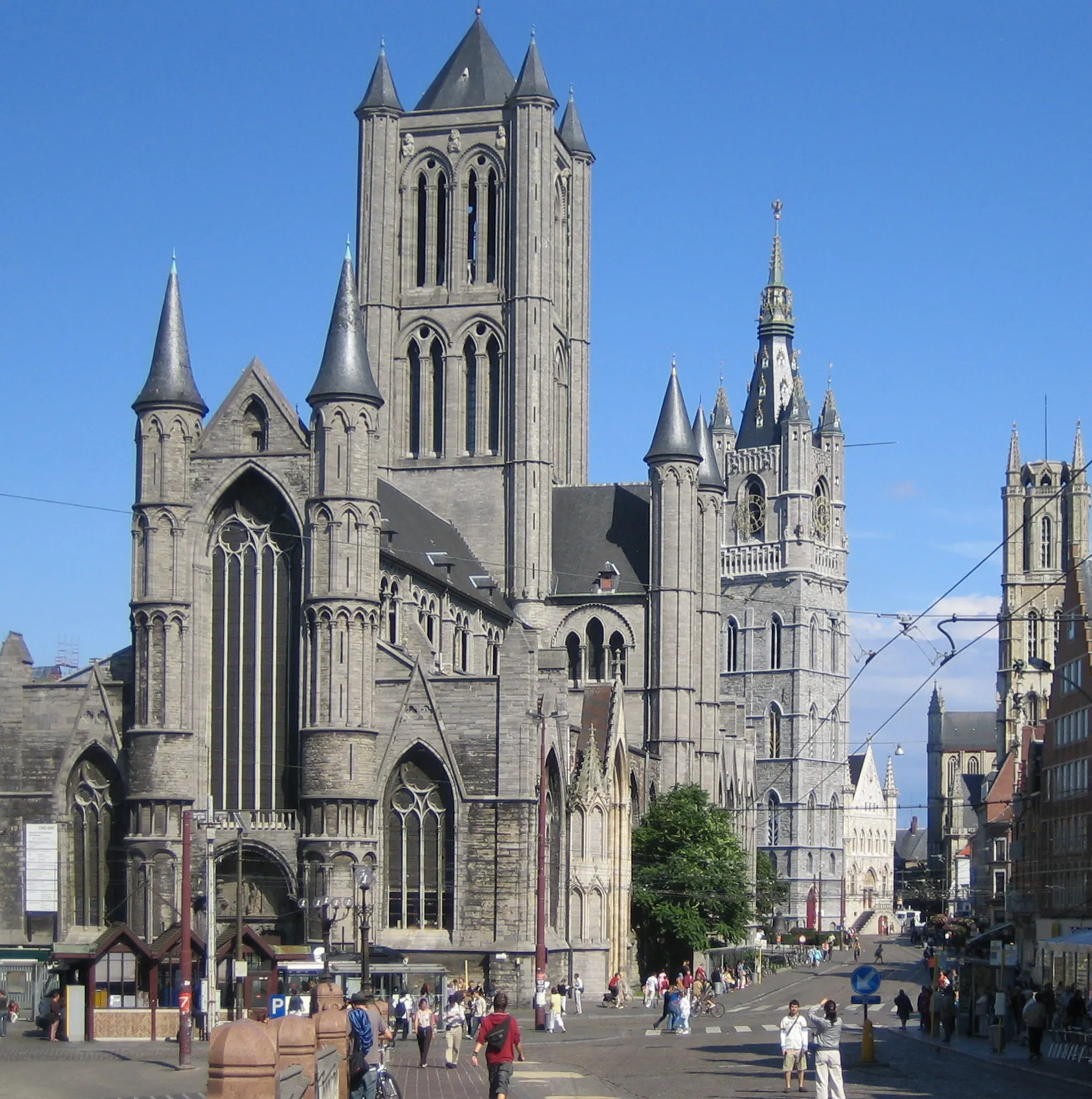
Saint Nicholas' Church
A historic church building dating back to the early 13th century, showcasing the Scheldt Gothic style with blue-gray stone, single large tower, and slender turrets.
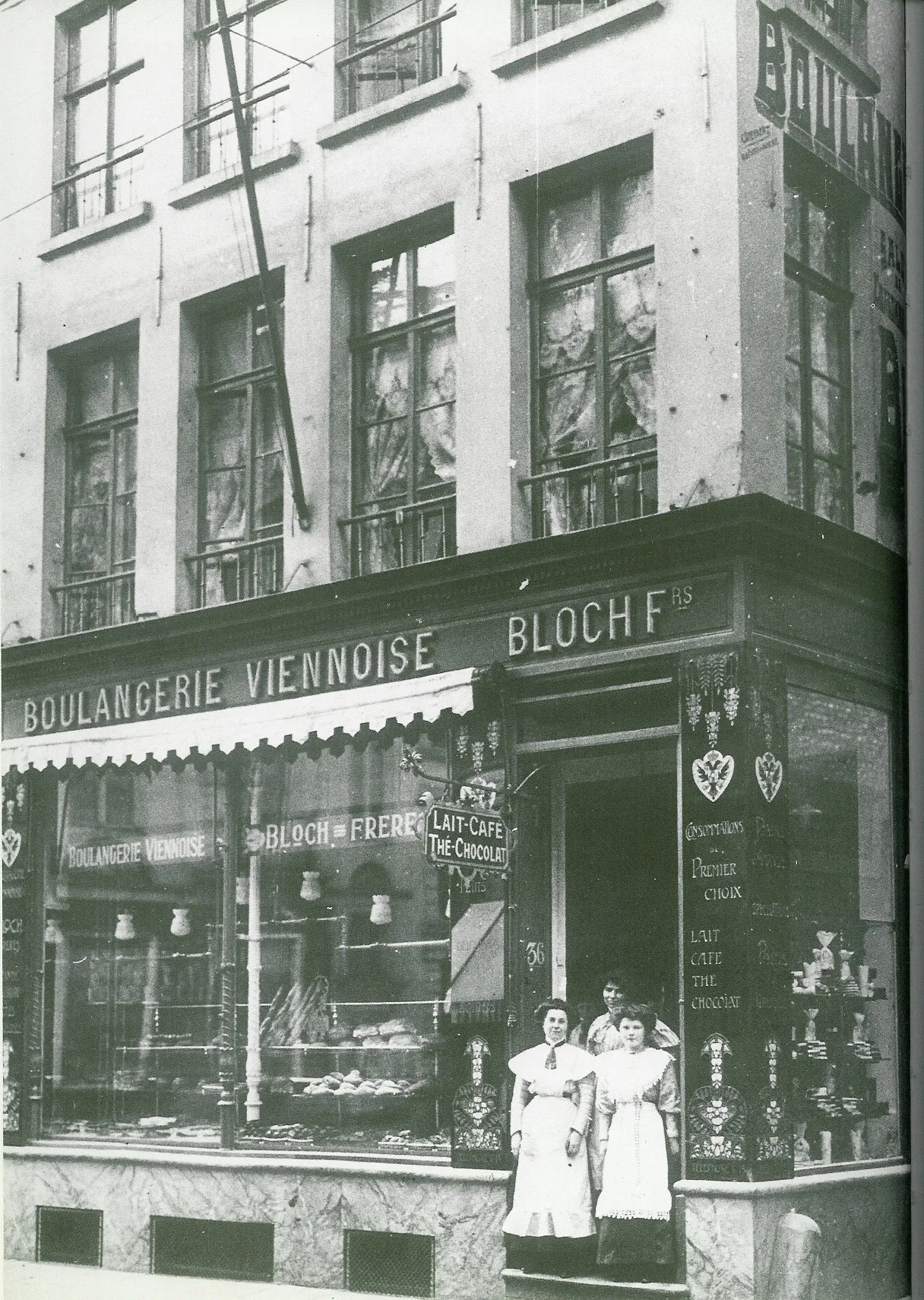
Bakkerij Bloch
A historic bakery, Bakkerij Bloch, was a well-known bread and pastry shop in Gent, Belgium, operating for almost 109 years until it closed in 2008. The shop reopened in 2020 in a new location, retaining its traditional expertise and charm.
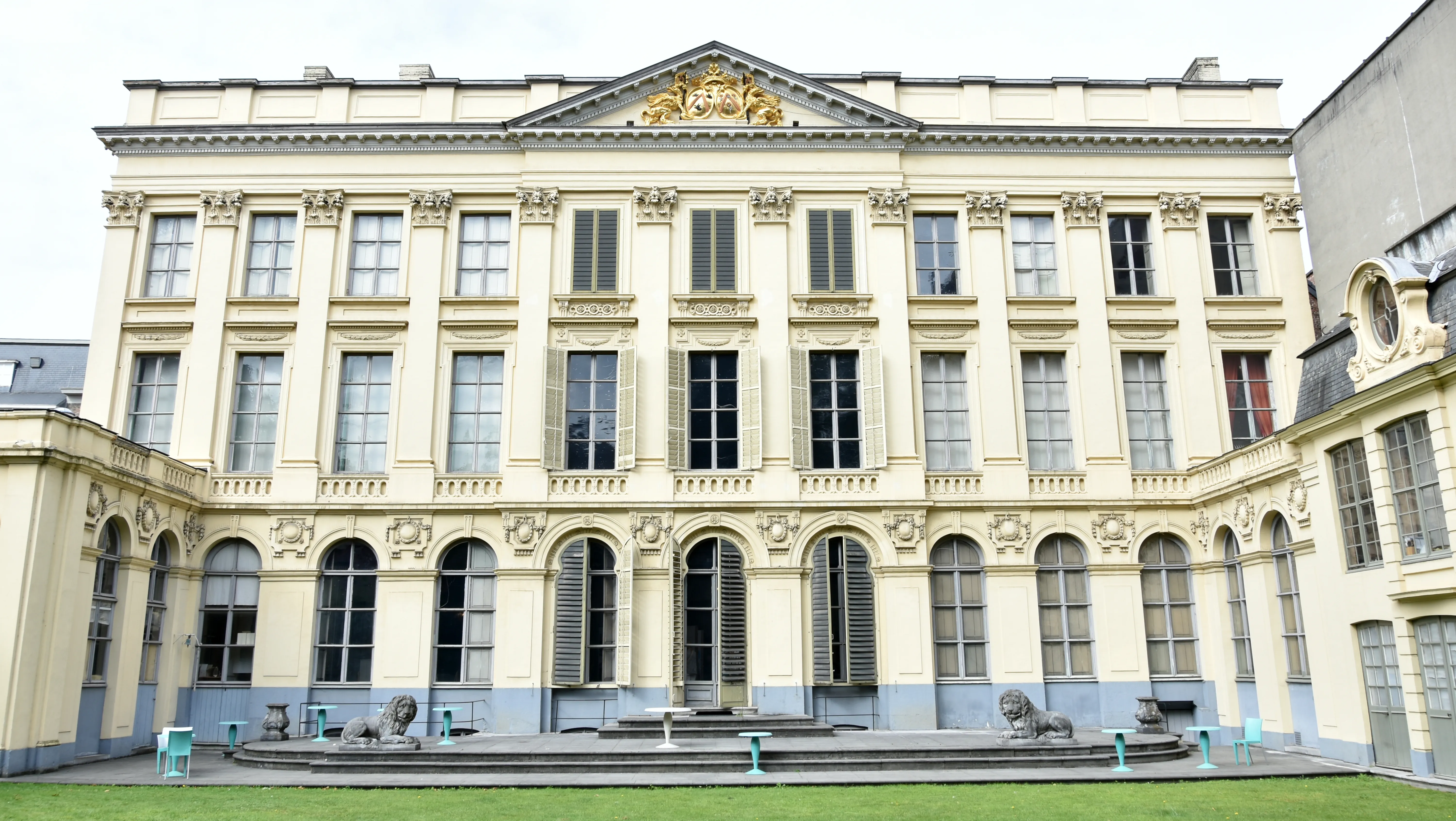
Hotel d'Hane-Steenhuyse
Hotel d'Hane-Steenhuyse is an 18th-century grand townhouse in Ghent, decorated with paintings by Petrus Norbertus van Reysschoot, Peter Paul Rubens, and others.
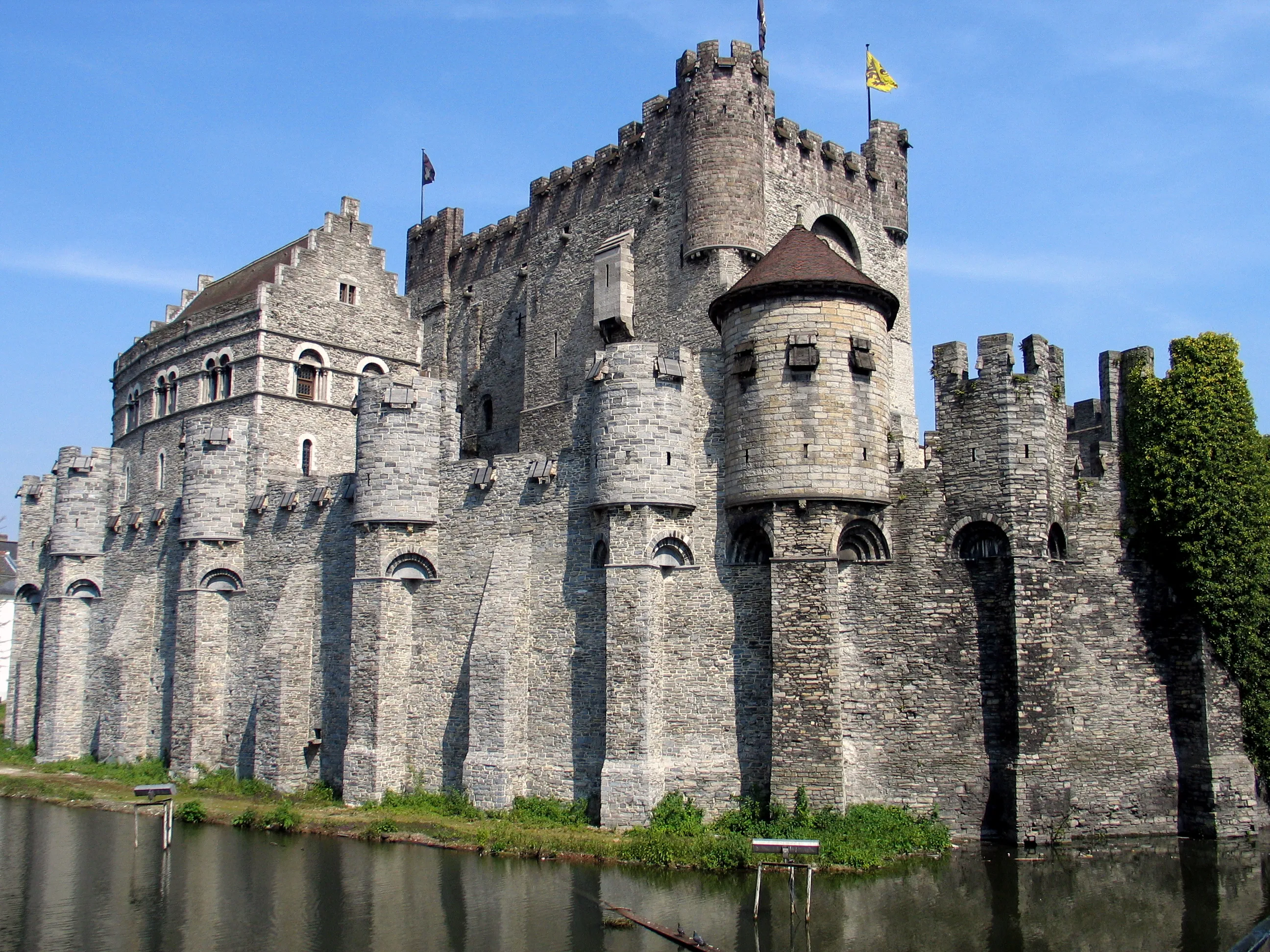
Gravensteen
A medieval castle and former residence of the Counts of Flanders, the Gravensteen features a large central donjon, surrounded by a fortified enceinte and a sizeable moat, now open to the public as a museum and major landmark.
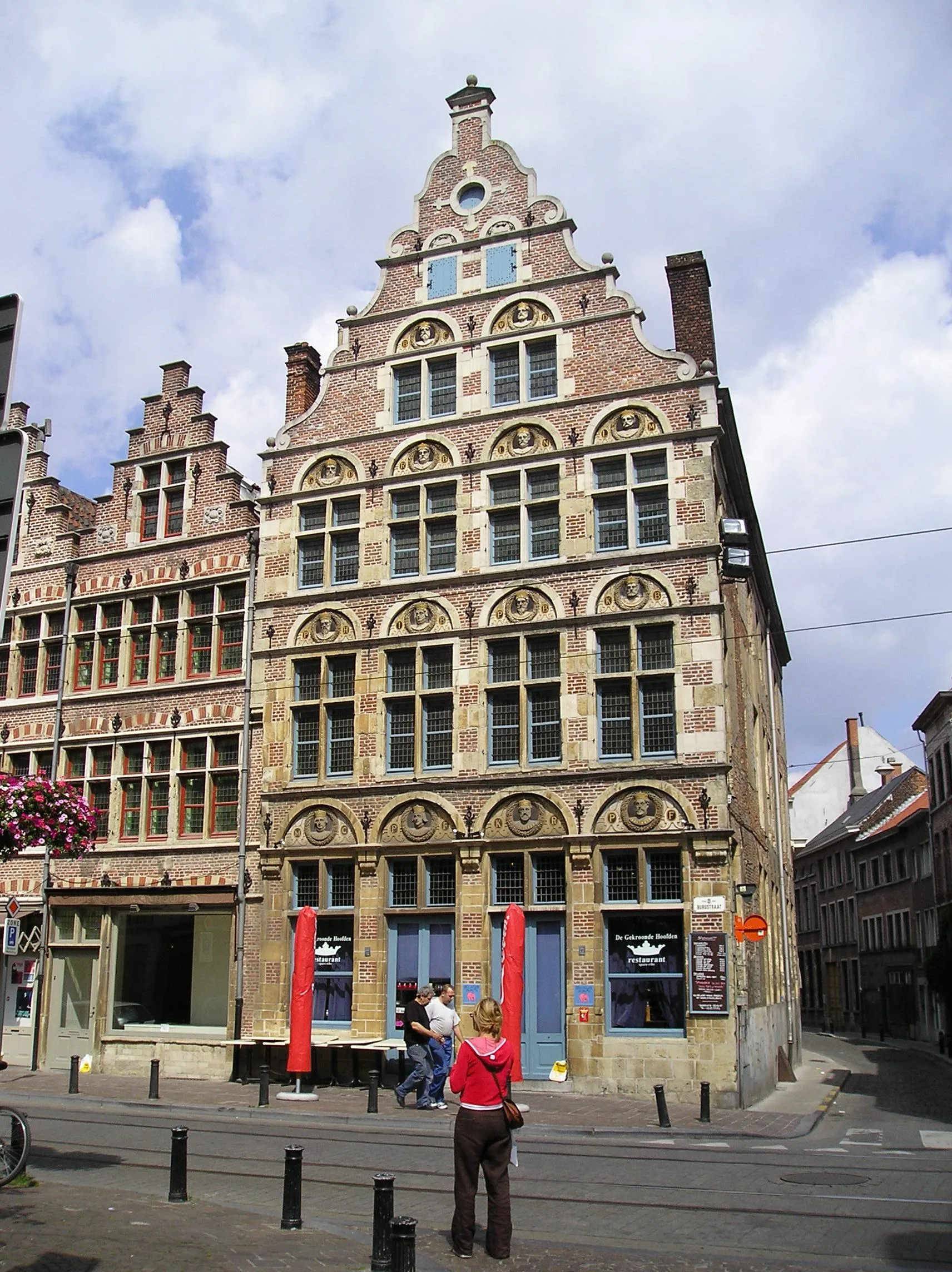
De Gekroonde Hoofden
A historic house, dating back to around 1560, previously known as "De Draecke", featuring 14 busts of Flemish counts on its façade. Today, it is a restaurant and a protected monument since 1993, part of the preserved cityscape around the Sint-Veerleplein.
Download App
Experience this tour and many more with our mobile app. Available for iOS and Android.
Audio Preview
Tour Map
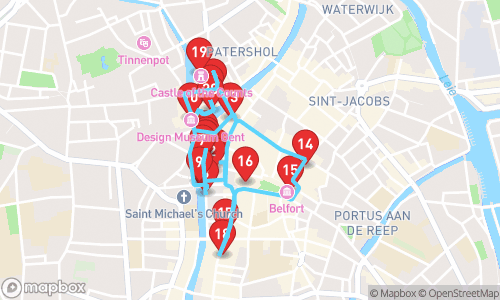
Quick Facts
- ✓GPS-guided navigation
- ✓Professional audio narration
- ✓Offline maps available
- ✓Premium content included
Why Choose This Tour
Expert Local Guide
Narrated by Jenny Multilingual, specializing in general tourism
Flexible Timing
Take the tour at your own pace, any time of day
